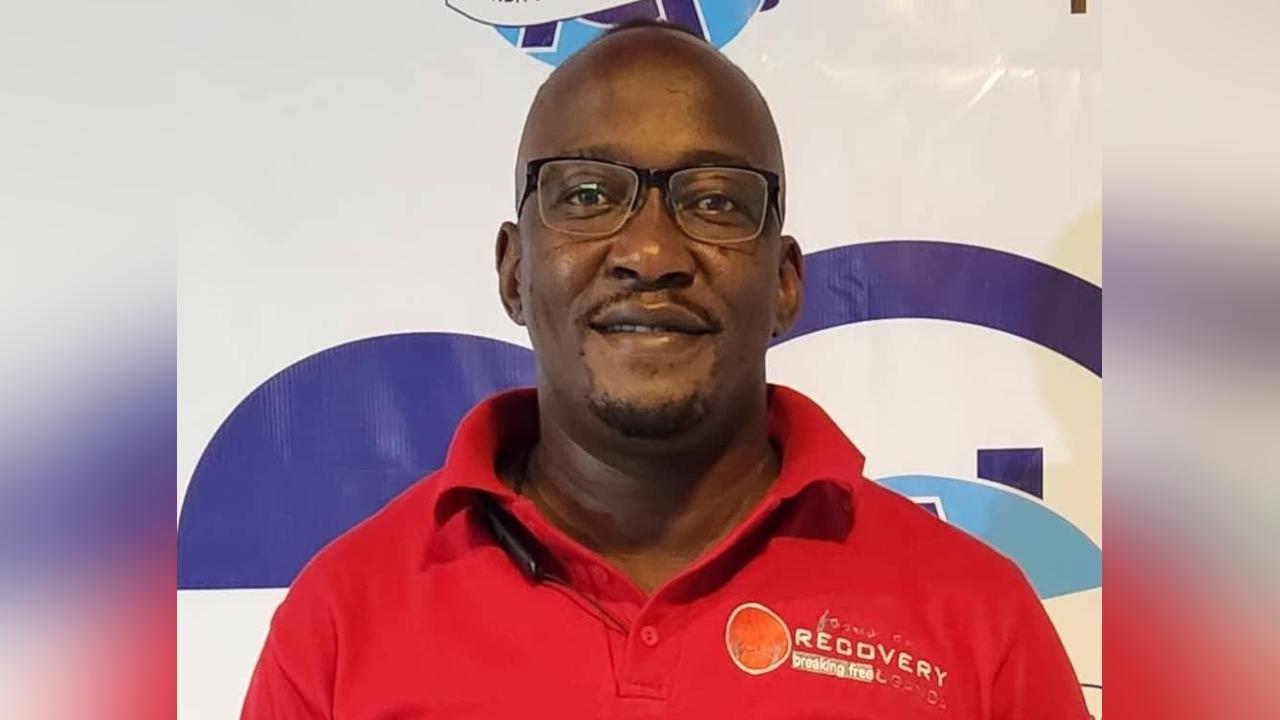By Albert Elwa Louis
Africa-Press – Uganda. As the third school term approaches, many parents and guardians are preparing to send their children back to school. Unlike previous terms, the upcoming third term is promotional, meaning it comes with heightened intensity.
Candidates at both primary and secondary levels will sit final examinations that determine their progression to the next level. Non-candidates will also face rigorous academic preparation to secure promotion.
This pressure can weigh heavily on learners. Some may become withdrawn and isolated, while others may act out, refusing to return to school.
Unfortunately, we sometimes see extreme consequences: reports of self-harm or, in tragic cases, suicide among overwhelmed students are not uncommon.
Data from the 2024 National Population and Housing Census show that Uganda recorded 272,271 cases of suicidal thoughts and attempts over the past decade. Children aged 10–14 years accounted for the highest number of cases at 39,656, followed closely by those aged 15–19 years with 36,615.
Beyond suicidal tendencies, academic stress can push learners toward alcohol or drug abuse, anxiety, depression, and other mental health challenges—often exacerbated by poor academic performance. The good news is that many of these outcomes are preventable with early parental intervention.
Sending a child back to school should never be “business as usual”—simply paying fees and waving them off. Parents must take stock: How has your child behaved over the holidays? Have you noticed any changes in mood, behaviour, or social interactions? If you spot red flags, take time to engage in open, empathetic conversations. Reassure them, offer guidance, and provide emotional support to help them navigate the pressures ahead.
We must acknowledge the challenges many parents face. Busy work schedules, long commutes, and back-to-back meetings often leave little time for meaningful conversations with children. Left on their own, some children may bottle up their struggles, while others turn to peers or external influences that may encourage risky behaviors.
At a recent school meeting I attended, a head teacher highlighted this concern, noting that many parents rely on schools to handle their children’s emotional and behavioral development.
“Some learners are returned to school already emotionally checked out, only to crumble under academic pressure. Others become rebellious or defy school rules,” the administrator said.
His advice was simple: Parents should be the first counselors to their children. A timely conversation before school resumes can equip a child to cope with the term’s challenges and thrive academically and emotionally.
As we approach this third term, let us not treat it as routine. Be intentional. Observe, listen, and support your children. Your guidance could be the difference between resilience and distress.
Albert Louis Elwa is a clinical psychologist, addiction professional, and executive director of Focus on Recovery (FORE) Uganda
Source: Nilepost News
For More News And Analysis About Uganda Follow Africa-Press






